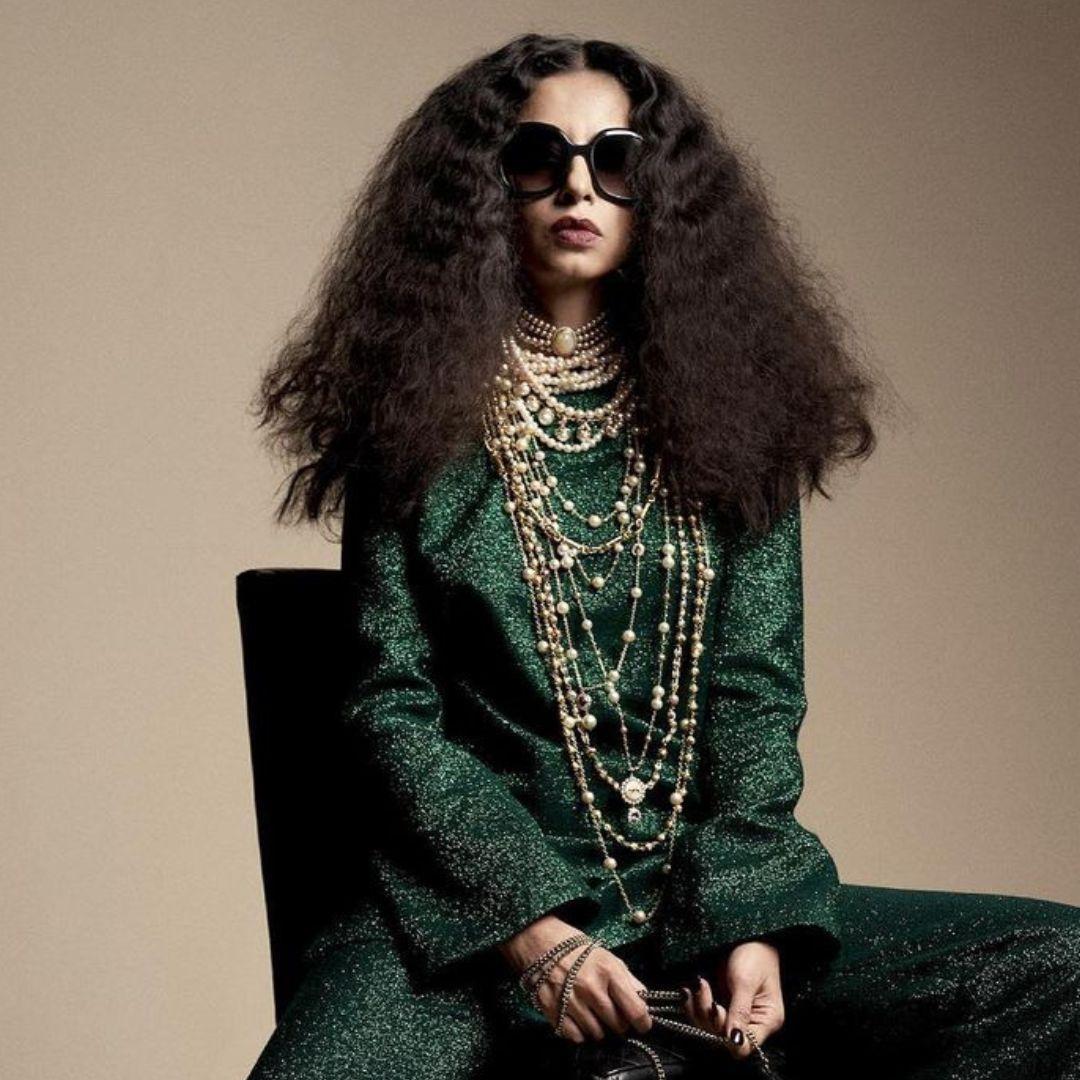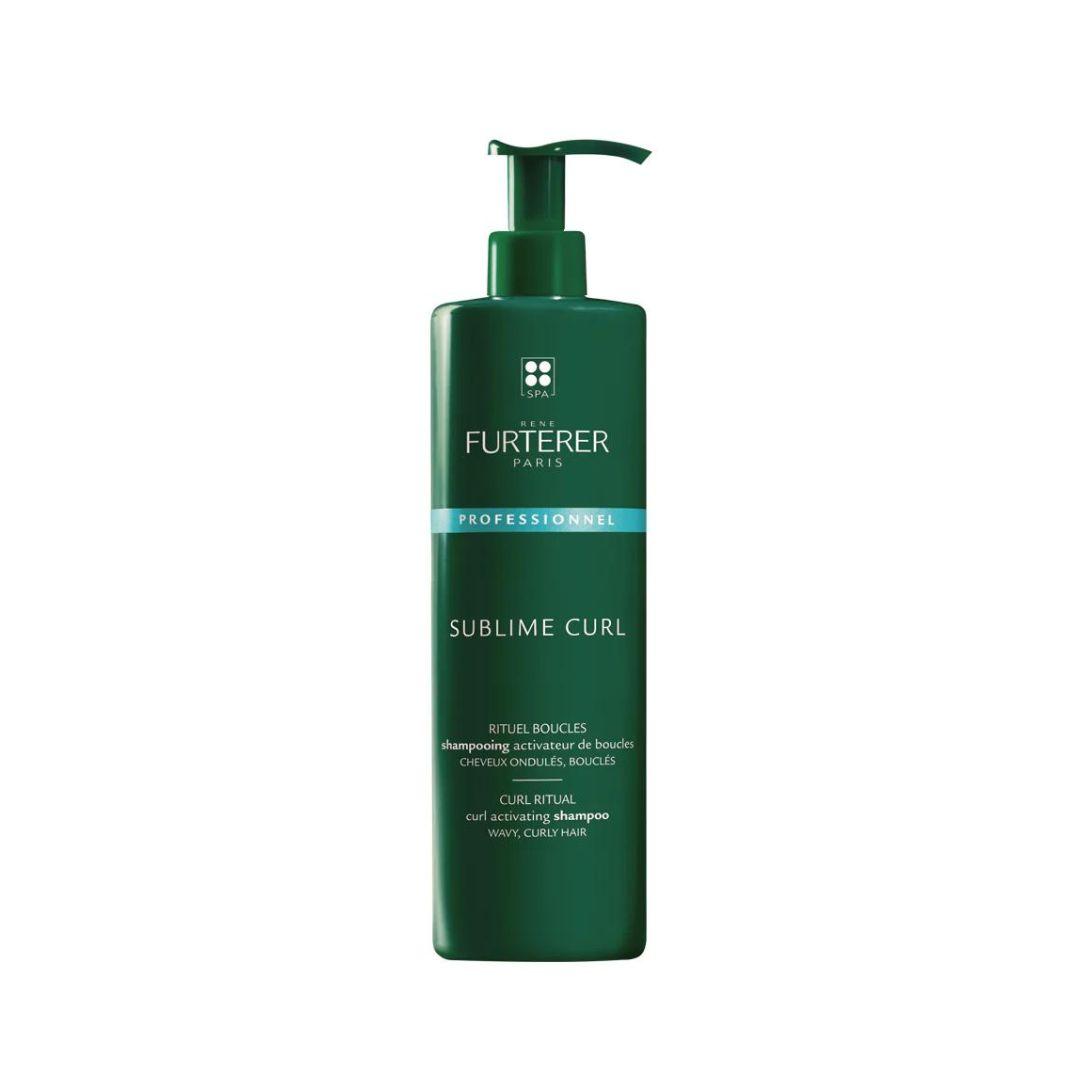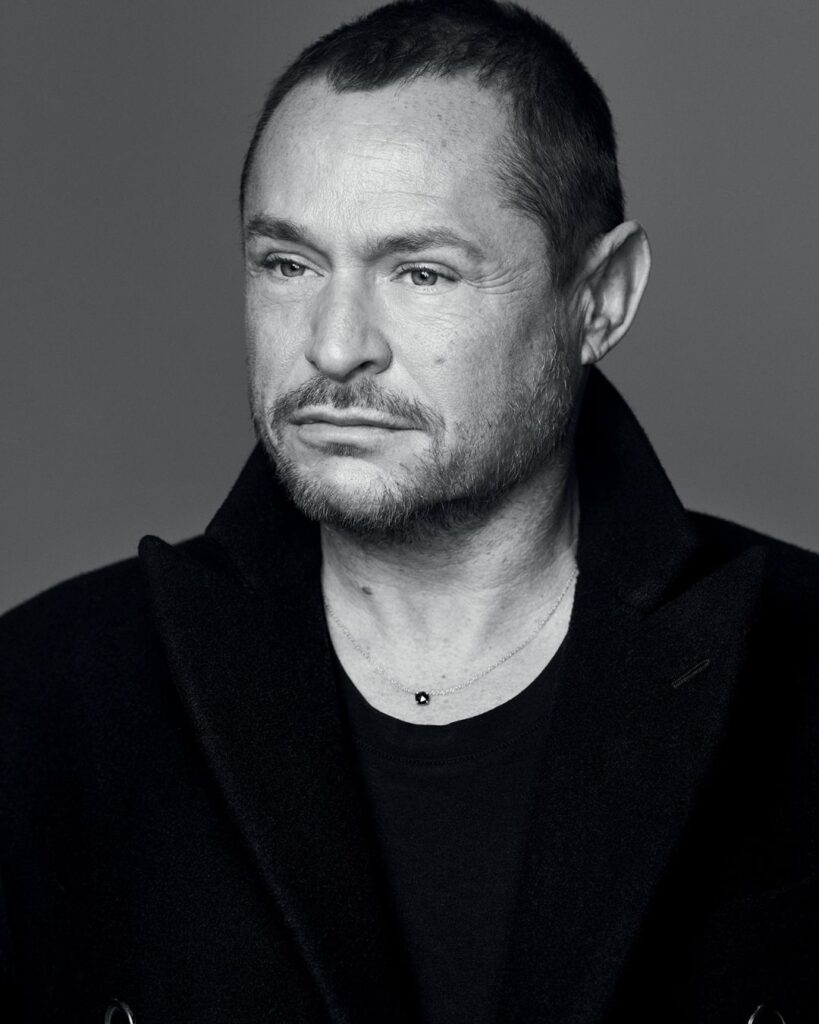While you were busy complaining how your curls have a mind of their own, new research suggests that they played a key role in evolution.
- Beauty
Are Curly-Haired People Smarter Than Straight-Haired Ones?
- ByMeghna Sharma

Image Courtesy: Sabyasachi via Instagram
As a curly-haired woman myself, I have tried everything possible to hide my natural texture over the years…which eventually led to me abandoning the tedious blow-drying and/or hair-straightening routine and embracing my Type 2C curls in all their glory. But between trying, testing, researching, and reporting on the best products to tame, shape, and style curly and coiled hair for over a decade, I never thought I would be writing about hair textures from an evolutionary point of view.
Researchers at Penn State University, USA, studied the role hair textures play in regulating body temperature in human beings, which led to fascinating findings. It turns out that curls have a multi-dimensional personality that does more than just make humans look attractive. A full head of tightly-wound curls could be how our ancestors kept their body temperature low.
The research states that tightly-curled hair allowed humans to stay cool and actually conserve water.
According to scientists, our brain is sensitive to heat, and the larger it grows, the more heat it generates. As humans evolved and lost most of their body hair, we developed sweat glands that helped us stay cool. Scalp hair evolved in a similar manner. In a paper published on the Penn State website, Nina Jablonski, Evan Pugh University Professor of Anthropology at Penn State, explains, “Around two million years ago, homo erectus had the same physical build as us, but a smaller brain size. And one million years ago, the brain size was almost similar to the modern-day brain. Something released a physical constraint that allowed our brains to grow. We think scalp hair provided a passive mechanism to reduce the amount of heat gained from solar radiation that our sweat glands couldn’t.”
Professor Nina adds, “Humans evolved in equatorial Africa, where the sun is overhead for much of the day, year in and year out. So the scalp and top of the head receive far more constant levels of intense solar radiation as heat. We wanted to understand how that affected the evolution of our hair. We found that tightly-curled hair allowed humans to stay cool and actually conserve water.”
This multidisciplinary study provides substantial insight into how scalp hair evolved over time to protect humans from potentially dangerous climates and situations.
For the study, researchers made a thermal manikin—a model of the human body used in medical training—wear tightly-curled and straight human hair wigs. Using electric power to simulate body heat, the scientists studied the heat transfer between the environment and human skin to examine how different hair textures affect heat gain from solar radiation. After taking baseline measurements of body heat loss, the researchers shined lamps on the manikin’s head to mimic solar radiation under four hair and scalp conditions—bald, straight, moderately curled, and tightly curled. “We suspect that the structure of human curls allows for a lot of air pockets between hair strands. In other words, you can have a lot of depth (from the scalp to the top of the hair) without having a lot of density, which would keep heat in as well as keep heat out,” says Dr Tina Lasisi, PhD, coauthor of the study.
The findings, reported in the Proceedings of the National Academy of Sciences concluded that while all hair types reduced solar radiation to the scalp, tightly-curled hair provided the most amount of protection from heat, in turn minimising the need to sweat to stay cool. This multidisciplinary study provides substantial insight into how scalp hair evolved over time to protect humans from potentially dangerous climates and situations. Another older study published in Scientific Reports in 2020, a peer-reviewed journal, found that too much sun on the head impacted people’s ability to perform functions that require thinking and coordination. According to the authors, heat affects the nervous system, undermining the way it functions.
However, not being naturally blessed with curls does not mean that your brain is not as evolved. The various experiments conducted during the research helped scientists conclude that even moderately curled hair offers some benefits, but “the exact level of curl that is required to pass some threshold of heat-related benefit still needs to be determined,” says Dr Tina. “Other factors like length and style also require further study, but all our wigs had hair fibres that were eight inches long and worn loose without any particular styling other than brushing the hair,” she adds.
Now that your hair type has established your evolutionary supremacy, The Word. recommends trying these products formulated especially for curly hair.

Virtue Labs, Curl Care Duo
₹7,350

Rene Furterer, Sublime Curl Activating Shampoo
₹4,500

Moroccanoil, Curl Defining Cream
₹2,970

Aveda, Nutriplenish Curl Gelee For Curly Hair
₹2,950

Kevin. Murphy, Killer.Curls Anti-Frizz Curl Defining Crème
₹2,950

Kérastase, Curl Manifesto Masque
₹3,550

Milk Shake, Lifestyling Curl Perfectionist Cream
₹1,200

Tangle Teezer, Wet Detangler Hairbrush [Naturally Curly]
₹1,600





